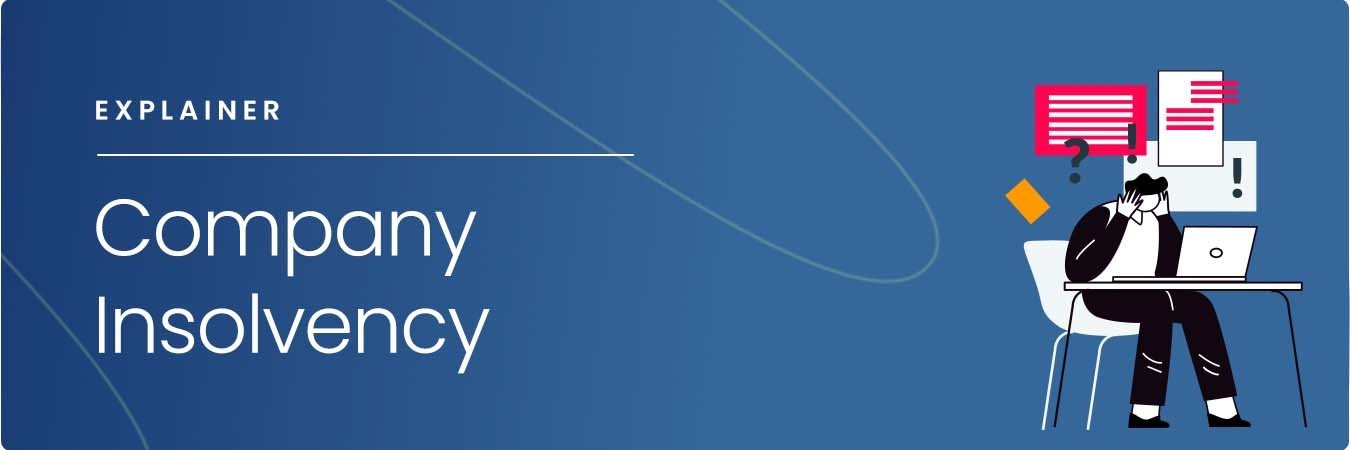Administration Staff and Their Rights: Do You Get Paid or Obtain Redundancy When a Company Goes Into Administration?
Comprehending the Effects of Company Liquidation on Staff Member Retention and Perks

Effect On Task Safety And Security
In the occasion of firm liquidation, the impact on task security can be significant for employees as unpredictability regarding future work develops. When a company enters into liquidation, staff members encounter the daunting possibility of potential work loss. This unpredictability can result in increased stress and anxiety and anxiety amongst the workforce, affecting their morale and productivity.
Throughout the liquidation procedure, workers may experience a variety of feelings, consisting of concern, rage, and aggravation, as they come to grips with the opportunity of unemployment. The absence of clarity bordering the timeline of the liquidation and the destiny of their positions can produce a feeling of instability within the workforce.
Furthermore, staff members might likewise be worried regarding the standing of their benefits, such as health care protection, retirement, and paid pause, throughout and after the liquidation procedure. The possible loss of these benefits adds an additional layer of complexity to an already difficult circumstance for employees.
Adjustments in Staff Member Advantages

One usual adjustment is the reduction or elimination of certain advantages to reduce expenses and work out impressive financial obligations. Employer payments to retired life plans might stop, leaving employees to bear the complete duty of saving for their future. Furthermore, medical care advantages might be downsized, leading to greater out-of-pocket costs for clinical services.
Interaction becomes extremely important during this duration of shift. Companies need to be transparent regarding the adjustments, offering clear explanations and help to assist employees navigate with the alterations. Open dialogue and support can aid relieve anxiety and uncertainty amongst the workforce, promoting a more favorable transition experience despite the tough scenarios.
Retention Strategies Post-Liquidation
Adhering to the company liquidation, executing efficient retention approaches is essential to securing business skill and preserving security within the labor force. In times of uncertainty, workers may feel anxious about their future job safety and be more likely to look for alternate employment possibilities. To minimize this danger, business need to focus on open communication, offering transparency regarding the company's situation, and offering assistance to employees throughout the shift period.
One key retention strategy post-liquidation is to prioritize worker well-being and morale. This can be attained through regular check-ins, counseling solutions, and producing a positive job setting. Furthermore, providing career advancement chances and upskilling programs can increase staff member motivation and involvement during challenging times. Identifying and awarding employees for their loyalty and dedication can likewise cultivate a sense of loyalty and devotion to the organization.
Additionally, developing a clear profession development path and setting reasonable objectives can give workers an orientation and purpose within the business (if a company goes into administration do i have to pay them). By purchasing employee development and proactively entailing them in decision-making procedures, organizations can increase worker retention rates and construct a durable workforce post-liquidation
Legal Rights and Securities
During the aftermath of company liquidation, it is important to attend to the lawful rights and protections readily available to workers to make certain a compliant and reasonable procedure. It is additional reading vital for workers to understand these rights and seek lawful recommendations if needed to browse the intricacies of the liquidation procedure.
Additionally, in instances where a business goes into liquidation, workers are usually considered special creditors, granting them greater priority in obtaining superior repayments over other lenders. This defense helps focus on settling staff member claims prior to other economic responsibilities are met. Moreover, lawful safeguards exist to avoid unreasonable dismissals during liquidation, ensuring that discontinuations are executed according to developed labor regulations. Recognizing these legal rights and defenses is fundamental for staff members to safeguard their rate of interests and look for appropriate choice in the event of company liquidation.
Managing Financial Uncertainty
Browsing monetary uncertainty can be an overwhelming challenge for staff members influenced by company liquidation. Throughout such their website times, it is vital for workers to examine their present financial scenario realistically.
It is vital for employees to stay notified regarding their privileges, such as severance plans or outstanding repayments, to guarantee they obtain what they are owed. By proactively addressing monetary difficulties, staff members can navigate via the unpredictability created by company liquidation with greater resilience and readiness.
Conclusion
To conclude, firm liquidation can have substantial effects on worker work security, benefits, and total health. It is critical for companies to apply retention strategies and offer support to workers during this unpredictable time. Understanding lawful rights and defenses can assist mitigate the influence of liquidation on staff members. Handling monetary uncertainty calls for a proactive strategy and interaction from both employers and employees to navigate via the difficulties efficiently.
When a business faces liquidation, the fate of its workers hangs in the balance, elevating crucial inquiries regarding job security, advantages, and long-lasting security. The effect of company liquidation on staff member retention and advantages is a diverse problem that requires a better evaluation to recognize the full range of its repercussions.
Browsing financial unpredictability can be a complicated difficulty for workers influenced by company liquidation. By proactively resolving monetary challenges, workers can browse through the unpredictability caused by business liquidation with better resilience and preparedness.
